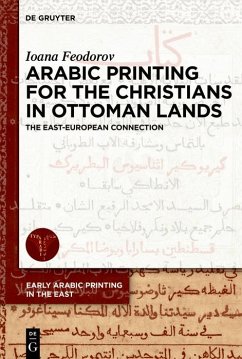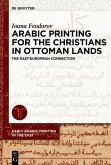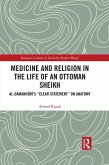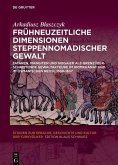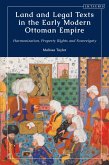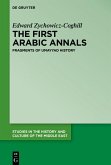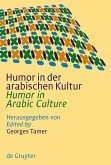Arabic printing began in Eastern Europe and the Ottoman Levant through the association of the scholar and printer Antim the Iberian, later a metropolitan of Wallachia, and Athanasios III Dabbas, twice patriarch of Antioch, when the latter, as metropolitan of Aleppo, was sojourning in Bucharest. This partnership resulted in the first Greek and Arabic editions of the
Book of the Divine Liturgies (Snagov, 1701) and the
Horologion (Bucharest, 1702). With the tools and expertise that he acquired in Wallachia, Dabbas established in Aleppo in 1705 the first Arabic-type press in the Ottoman Empire. After the Church of Antioch divided into separate Greek Orthodox and Greek Catholic Patriarchates in 1724, a new press was opened for Arabic-speaking Greek Catholics by ¿Abdallah Zäir in ¿inSara (¿ur al-suwayr), Lebanon. Likewise, in 1752-1753, a press active at the Church of Saint George in Beirut printed Orthodox books that preserved elements of the Aleppo editions and were reprinted for decades. This book tells the story of the first Arabic-type presses in the Ottoman Empire which provided church books to the Arabic-speaking Christians, irrespective of their confession, through the efforts of ecclesiastical leaders such as the patriarchs Silvester of Antioch and Sofronios II of Constantinople and financial support from East European rulers like prince Constantin Brâncoveanu and hetman Ivan Mazepa.
Dieser Download kann aus rechtlichen Gründen nur mit Rechnungsadresse in A, B, BG, CY, CZ, D, DK, EW, E, FIN, F, GR, HR, H, IRL, I, LT, L, LR, M, NL, PL, P, R, S, SLO, SK ausgeliefert werden.

